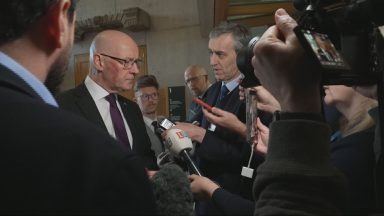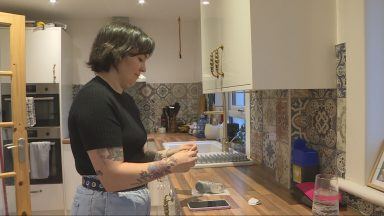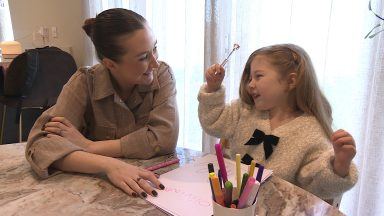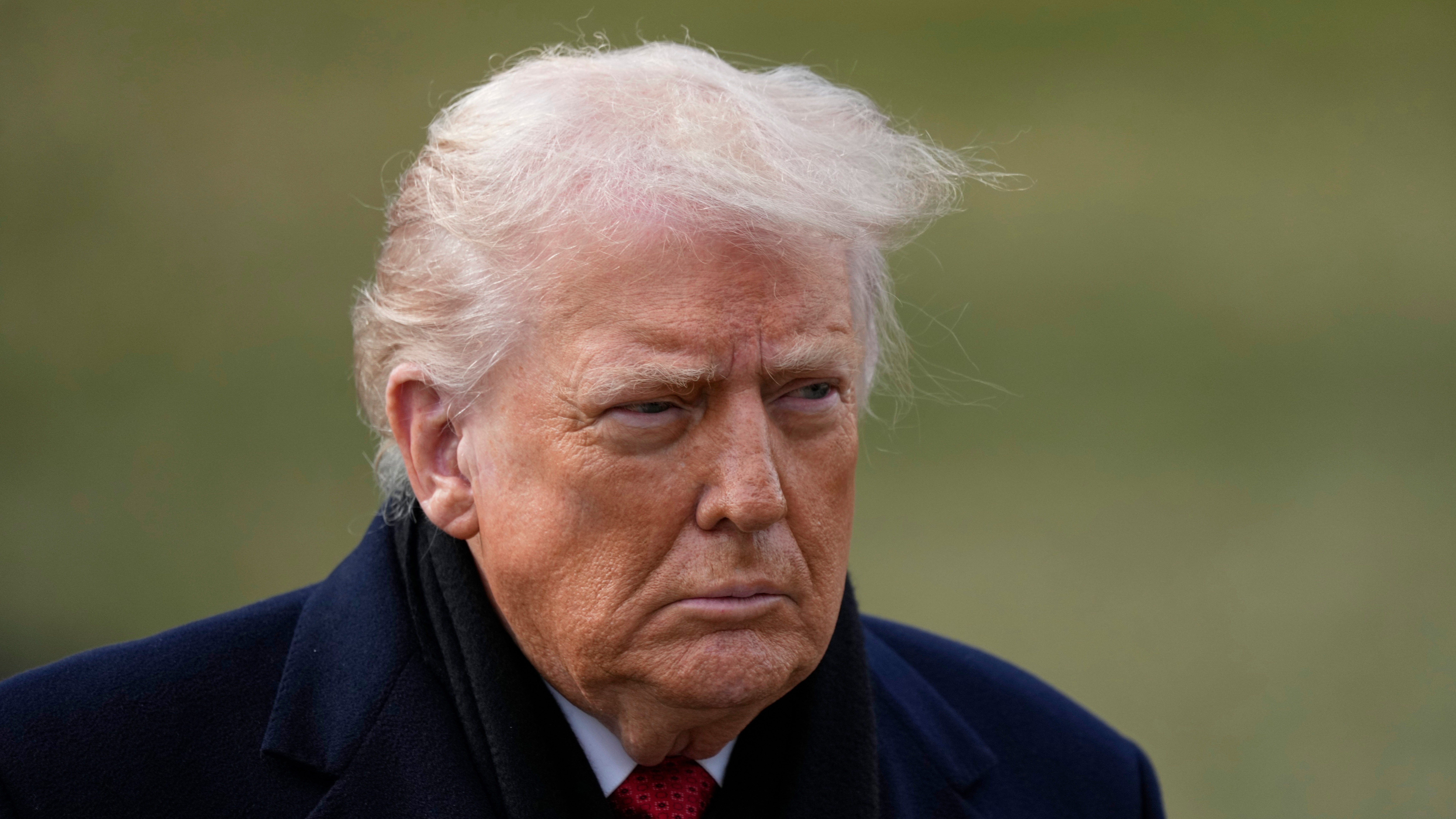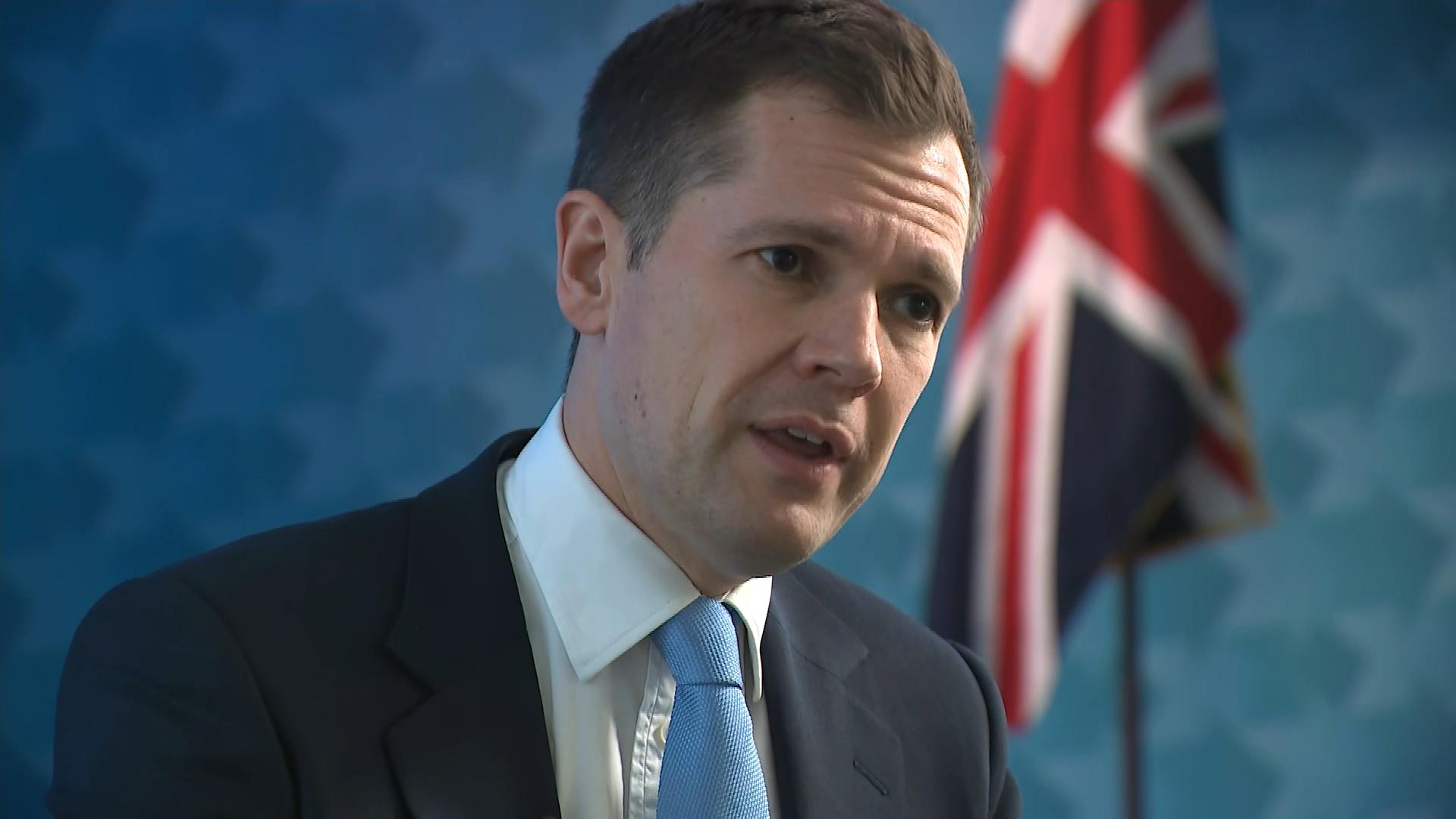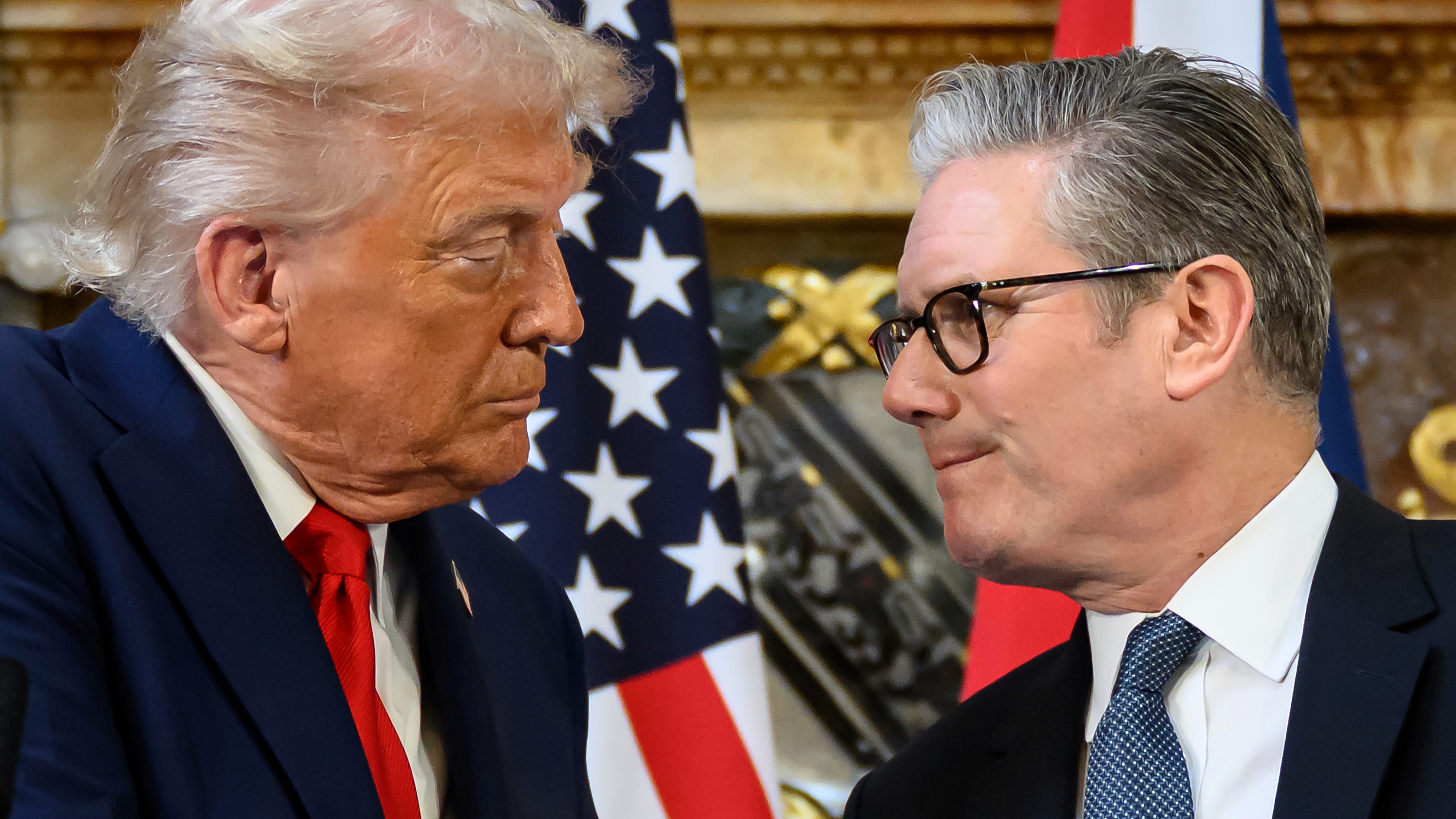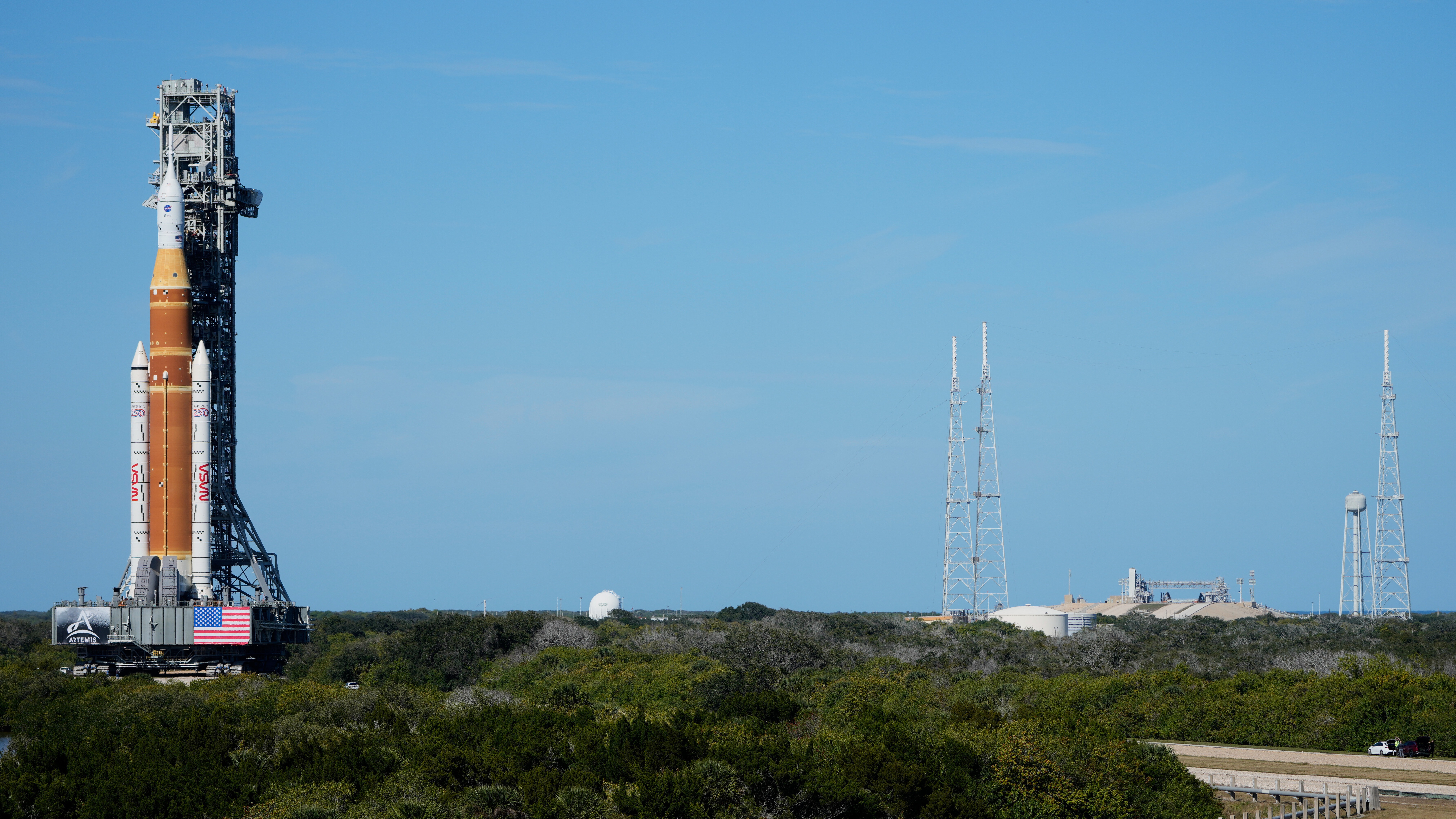Eating turnips could help avoid fruit and vegetable shortages in UK supermarkets during the winter months, the environment secretary has suggested.
Therese Coffey told MPs that ongoing shortages of produce will be a temporary issue that should be resolved in two to four weeks.
She added the UK should “cherish the specialisms” it has and a “lot of people would be eating turnips right now” under a seasonal food model – rather than thinking about lettuce, tomatoes and similar produce.
Ms Coffey went on to acknowledge shoppers want a “year-round choice”.
Her remarks came after Tory colleague Selaine Saxby said supermarkets are importing “far too many products” and suggested seasonal eating would solve the issue.
A shortage of tomatoes in UK supermarkets has widened to other fruit and vegetables due to a combination of bad weather and transport problems in Africa and Europe.
Some supermarkets have introduced customer limits on certain fresh produce, with photographs emerging of empty shelves.
Responding to an urgent question in the House of Commons, Ms Coffey said: “I am led to believe by my officials, after discussion with industry and retailers, we anticipate the situation will last about another two to four weeks.
“It is important that we try and make sure that we get alternative sourcing options. That is why the department has already been in discussion with the retailers.
“It is why there will be further discussions led by ministers as well, so that we can try and get over this and try and avoid similar situations in the future.
“Even if we cannot control the weather, it is important that we try and make sure the supply continues to not be frustrated in quite the way it has been due to these unusual weather incidents.”
In response to a later question, Ms Coffey said: “I’m hoping that this will be a temporary issue.”
Ms Saxby, Conservative MP for North Devon, later said: “The supermarkets are still importing far too many products for us and… actually we should be eating more seasonally and supporting our own British farmers.
“And if we were actually to move to a seasonal line of eating, many of these problems would be avoided… there are great food products available from local farmers at this time.”
Ms Coffey replied: “It’s important to make sure that we cherish the specialisms that we have in this country.
“A lot of people would be eating turnips right now rather than thinking necessarily about aspects of lettuce and tomatoes and similar, but I’m conscious that consumers want a year-round choice and that is what our supermarkets, food producers and growers around the world try to satisfy.”
For Labour, shadow environment secretary Jim McMahon said: “There is genuine public concern about the availability of food, and as the secretary responsible for our food security – and let’s bear in mind food security is national security – this is absolutely mission-critical.”
He questioned suggestions the food shortages were entirely caused by external forces, claiming ministers could have done more to support farmers with access to “the energy-intensive support scheme”, and could have increased quotas on labour to help with workforce shortages.
Conservative former minister Sir Desmond Swayne ridiculed suggestions that Brexit was responsible for the shortages.
Sir Desmond told the Commons: “If only I had been told before I voted for Brexit that it was going to cause frosts in Morocco, I could have made a different decision, couldn’t I?”
Liberal Democrat Wera Hobhouse (Bath) said Prime Minister Rishi Sunak should call an emergency Cobra meeting to respond to the “national emergency”.
Downing Street said Ms Coffey was setting out the importance of “celebrating” British produce in response to her turnip remarks.
No 10 also rejected suggestions Brexit is to blame for any shortages.
A Downing Street spokesman said: “We don’t believe it is for us to tell people what they should or shouldn’t buy – that is entirely a matter for them.
“I think what the Secretary of State was doing was setting out the importance of celebrating the produce that we grow here in the UK but, ultimately, it is for individuals to decide what food they wish to buy.”
Asked if Brexit has had an impact on shortages, he said: “The industry and retailers themselves have spoken about the reason for some of the supply issues we are facing, notably poor weather in certain parts of southern Europe and north Africa.”
Follow STV News on WhatsApp
Scan the QR code on your mobile device for all the latest news from around the country






